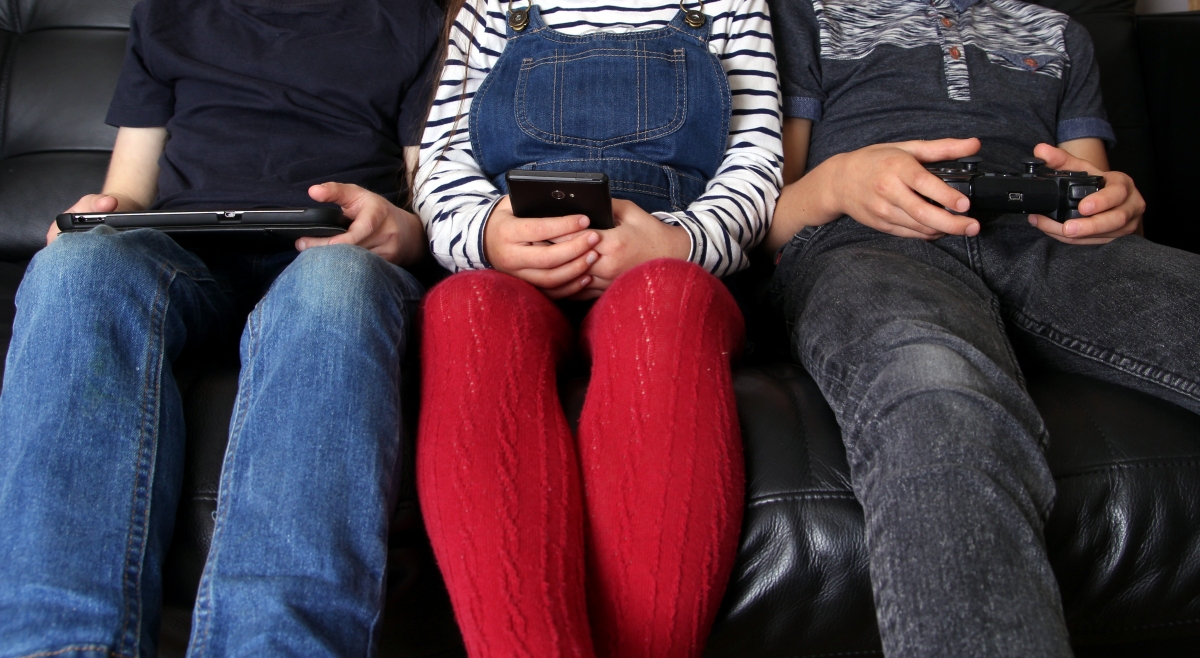A hot potato: Researchers and concerned parents for years have questioned the potential harm that screen time may pose to young and impressionable minds. When kids are locked into screens for hours on end, they’re usually sedentary and isolated. This lack of physical exercise probably isn’t good for the body and not interacting with peers may stunt language and social skills.

Infants under the age of one shouldn’t be exposed to electronic screens of any type according to guidelines recently published by the World Health Organization.
The United Nations agency further notes that sedentary screen time (watching TV / videos or playing computer games) is not recommended for infants. Screen time for children aged two to four should be restricted to no more than one hour per day. “Less is better,” the agency adds.
The issue isn’t limited to children, either, as tech giants like Apple and Google have recently taken steps to make users of all ages more aware of how much time they are spending on devices.
On the flip side, one could argue that children could get a lot out of educational programming viewed on mobile devices. Surely it’s got to be more beneficial than playing with Hot Wheels, no?
The problem, like many things in life, is striking a balance. A little bit of screen time may not be a bad thing but giving a kid unfettered access to a mobile screen probably isn’t good, either.
Lead image courtesy Gary Perkin via Shutterstock